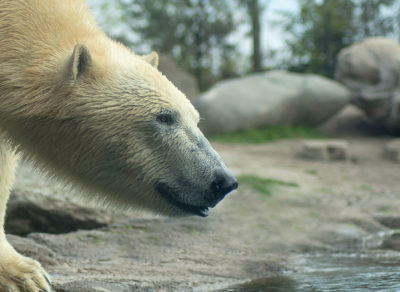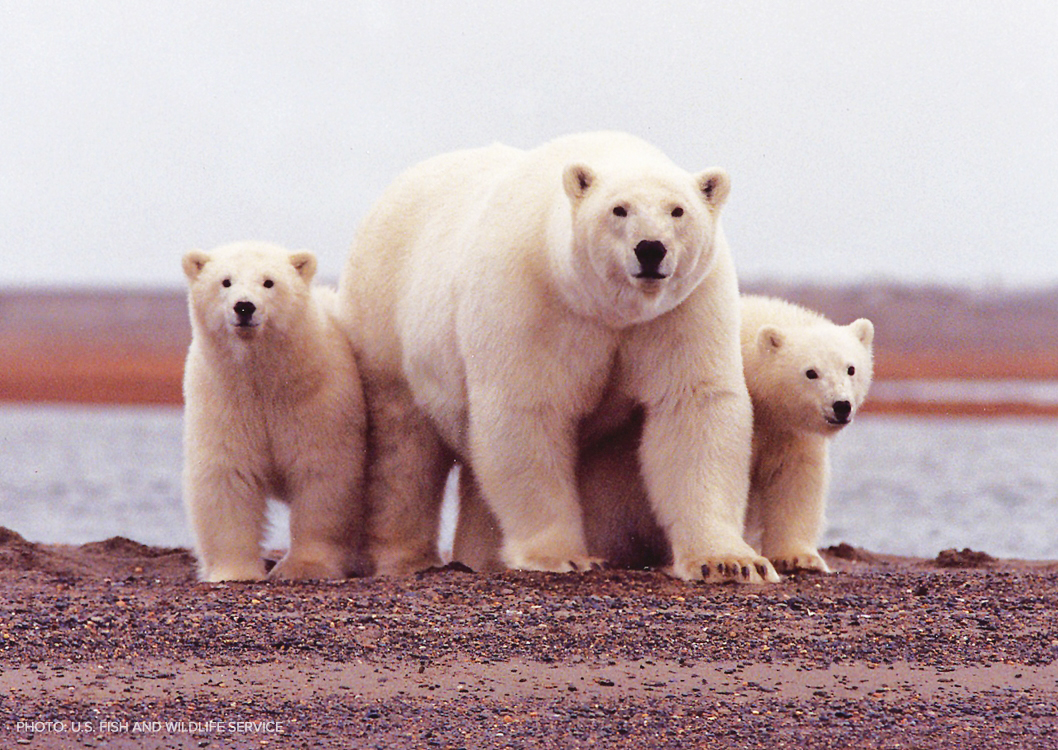What is climate change and what does it mean for you?
Fires, hurricanes, tornadoes and floods… they’re not new, but they have become bigger, more frequent and more deadly over the last decade, and there’s one scientific reason for it: Climate Change. Everyone on Earth is affected by the impacts of climate change. The frequency and intensity of every disaster is worse than ever before because we are experiencing climate chaos caused by the burning of fossil fuels and deforestation.
How did we get to this point?
Climate change is caused by the rise in average surface temperature on Earth due to human activity: most importantly, burning fossil fuels, cutting down forests, and animal agriculture.
The burning of fossil fuels — like coal, oil, and gas — releases greenhouse gasses into the air. It’s like wrapping the planet in a blanket of warm air, and it’s been rapidly warming up the surface of the Earth for just under 200 years.
Now, to avert the worst consequences of climate chaos, we must move immediately to stop corporations responsible for climate change.
There must be a just transition towards more sustainable forms of energy that don’t rely on fuel that produces greenhouse gasses — coal, oil, and methane. The longer we wait, the harder it is to achieve — like slamming on the breaks at 80 mph before slamming into a brick wall — every second of delay increases the chances of disaster.
Climate change isn’t just warmer weather.

The impact of climate change is more than just hotter days, but while we’re on the topic of warmer weather, extreme heat has become increasingly common. Almost every year since 1984 has been the hottest on record with heat waves hitting more regions around the world.
Heatwaves do more than just make you sweaty. They harm human health, crops, plants, animals, and the planet. More heat means more droughts, and more hot, dry conditions mean wildfires are primed to start and wreak havoc on communities and nature. Hotter ocean temperatures mean stronger hurricanes, sea level rise impacting entire coastal communities, and death to entire underwater ecosystems.
From the Amazon Rainforest to the Arctic, climate change causes fires in places that should never experience them: and the consequences are devastating. The process of climate change is not a passive one, for many ecosystems it is a desertification process that kills people, destroys livelihoods, and causes the extinction of species that have yet to be discovered.
This global climate crisis is a human rights crisis.
Tens of millions of people around the world are already facing impacts from drought, storms, and rising sea levels.
People are killed, displaced from their homes, threatened by extreme weather, and plagued by the increasing health risks of pollution. Between sea levels rising and drought-stricken areas, millions of people could soon be forced to leave their homes due to a lack of food, water and resources.But we can’t forget how we got into this mess in the first place. Fossil fuel projects like pipelines and refineries are disproportionately placed in Black, Brown and Indigenous communities. These projects also violate fundamental human rights, by polluting the air, contaminating drinking water supplies and destroying the livelihoods that support communities. And many pipeline projects are being built on Indigenous lands without consent, violating treaty rights and ancestral land.
From frontline and fenceline communities facing a fossil fuel pipeline threatening their water to Indigenous people facing fires in the Amazon to worker rights violations on palm oil plantations, the industries fueling climate change are also fueling injustice.
Climate change impacts rainforests, and it matters to everyone on the planet.
Our threatened climate, forests and communities face a common culprit: for the short-term profit of a few corporations, forests are destroyed at the expense of all else. The world’s rainforests are habitat to countless animal species and an abundance of plants –– varieties that we are still discovering to this day. For millions of local and Indigenous people, forests are their homes, hunting grounds, and ceremonial lands.
Whether you have a rainforest in your backyard or the nearest one is half a world away, we all depend on forests. But the warming climate, combined with clearing for profit, is threatening the survival of the lush forests that protect the world from further climate damage.In the face of a growing climate and ecological crisis, forests have never been more critical to our collective survival. And right now, forests are facing intense challenges, including wildfires, storms, insect outbreaks, and more invasive species due to the effects of the climate crisis.
We must keep forests intact and standing. We must uphold the rights of frontline and Indigenous communities as they face the most immediate harm. We must draw a line in the sand: not another forest cleared for profit, for people and planet.
We can stop climate chaos
To stop climate destruction in its tracks, we need to:
- Stop expanding fossil fuels and transition to clean energy now.
- Cut carbon and other greenhouse gas emissions to zero.
- Address Indigenous rights and racial justice.
- Keep forests standing so that the carbon they remove and store are kept out of the atmosphere. Forests protect the climate: they are part of the solution.
The climate crisis is a global crisis and there’s a lot at stake, but we can solve it if we demand change.
If corporate greed is the problem, people power is our best solution. Corporate profits are at the center of climate and rainforest destruction and human rights violations. By challenging corporate power, we can demand that banks stop backing dirty fossil fuel projects. The climate crisis is here right now. It’s not a future problem we can wait to solve. We must take action now — all our lives depend on it.
